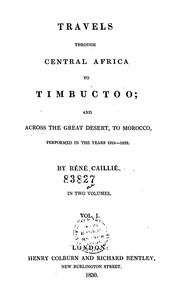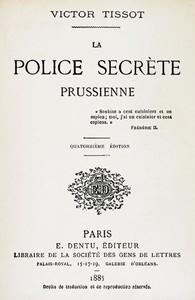|
|
Read this ebook for free! No credit card needed, absolutely nothing to pay.Words: 61618 in 8 pages
This is an ebook sharing website. You can read the uploaded ebooks for free here. No credit cards needed, nothing to pay. If you want to own a digital copy of the ebook, or want to read offline with your favorite ebook-reader, then you can choose to buy and download the ebook.

: Encaustic: Or Count Caylus's method of painting in the manner of the ancients. To which is added a sure and easy method for fixing of crayons by M Ntz Jean Henri Caylus Anne Claude Philippe Comte De Other - Encaustic painting@FreeBooksThu 08 Jun, 2023 Introductory account of Encaustic Painting page 1 Observations on Art. the first 41 Method of painting with and fixing of the crayons 97 Remarks on the apparent character of encaustic paintings 119 Experiments 124 Experiments on oil-colours 135 Conclusions 138 Transcriber's Notes Obvious typographical errors have been silently corrected. Variations in hyphenation and accents have been standardised but all other spelling and punctuation remains unchanged. 'He will not be much embarrassed by this, viz. that whereas according to the supposition of the Cartesians there is but one general law for the union of spirits and bodies, he will have it that God gives a particular law to each spirit; from whence it seems to result that the primitive constitution of each spirit is specifically different from all others. Do not the Thomists say, that there are as many species as individuals in angelic nature?' The principal point developed by Leibniz is the richness of content which, according to him, is to be found in each 'simple substance'. Its simplicity is more like the infinitely rich simplicity of the divine Being, than like the simplicity of the atom of Epicurus, with which Bayle had chosen to compare it. It contains a condensation in confused idea of the whole universe: and its essence is from the first defined by the part it is to play in the total harmony. As to the musical score which the individual soul plays from, in order to perform its ordained part in the universal harmony, this 'score' is to be found in the confused or implicit ideas at any moment present, from which an omniscient observer could always deduce what is to happen next. To the objection 'But the created soul is not an omniscient observer, and if it cannot read the score, the score is useless to it', Leibniz replies by affirming that much spontaneous action arises from subjective and yet unperceived reasons, as we are all perfectly aware, once we attend to the relevant facts. All he claims to be doing is to generalize this observation. All events whatsoever arise from the 'interpretation of the score' by monads, but very little of this 'interpretation' is in the least conscious. Free books android app tbrJar TBR JAR Read Free books online gutenberg More posts by @FreeBooks
: Captain Chap; or The Rolling Stones by Stockton Frank Richard Stephens Charles H Illustrator - Teenage boys Juvenile fiction; Florida Juvenile fiction@FreeBooksThu 08 Jun, 2023

: An index finger by Abrojal Tulis - United States Social life and customs 19th century Fiction; Spiritualism Fiction; Interpersonal relations Fiction@FreeBooksThu 08 Jun, 2023
|
Terms of Use Stock Market News! © gutenberg.org.in2025 All Rights reserved.






